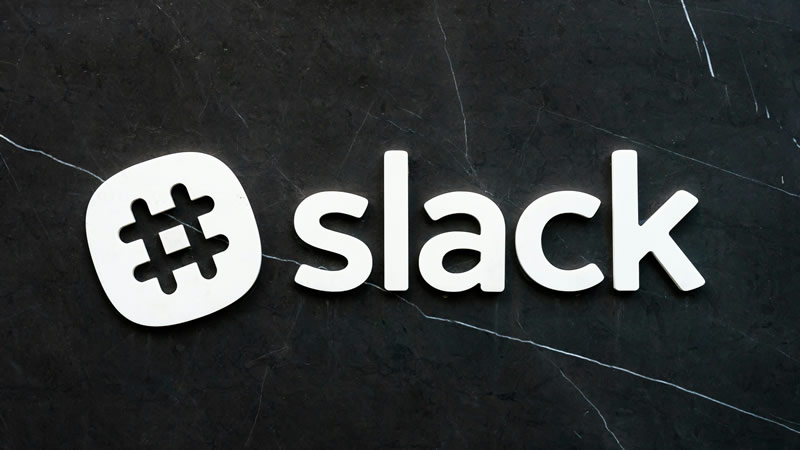Slack Covertly Harvested User Data for AI Training
The well-known messaging platform, Slack, has been surreptitiously collecting personal messages, files, and data from commercial users to enhance its AI tools. Unbeknownst to users, they were automatically subscribing to such data collection without giving explicit consent.
Slack finds itself embroiled in a controversy due to its use of personal user data. The company has sneakily been siphoning off messages, files, and other chat information to train their proprietary artificial intelligence (AI) models without seeking explicit consent from users.
As reported by Techspot, the issue came to light following an irate tweet from cybersecurity expert Corey Quinn, who discovered the relevant clause within Slack’s privacy policy. According to this clause, the company’s systems “analyze user messages and files to create AI and machine learning models”.
Slack representatives have confirmed this information, stating that data is actually used to improve certain AI tools within the application, such as search and recommendations. In comforting users, they have assured that premium features based on AI are developed without accessing personal data.
Nevertheless, the stark reality that Slack was secretly obtaining their personal conversations and documents has left most people shocked. Many believe that the company should have explicitly informed about this and allowed the option to opt-out. But the process to unsubscribe from data collection within the Slack system is quite complex. Only an organization’s administrator can accomplish this, and exclusively via a special request sent to support. No such option exists for individual team members.
Slack has also faced criticism from other technology companies. For instance, developers from the Signal messaging application have declared that they never collect user data and use it for any AI.
This incident underscores the broader issue of how messaging apps and social networks manage data privacy, as they actively collect user’s personal information by default, without clear selection and agreement on their part. Then this information is used to improve their own products and services, including with AI technology.
Slack’s statements about privacy appear contradictory. They claim that they do not have access to personal data when developing AI in one spot, but elsewhere acknowledge that they analyze user messages and files precisely for this purpose.





